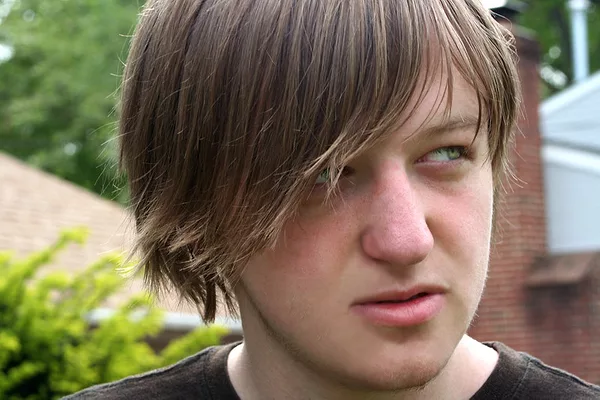Articles Tagged with ''cognitive_behavioral_therapy''
CBT for Insomnia
 Chris Aiken, MD.
Chris Aiken, MD. Editor-in-Chief of The Carlat Psychiatry Report. Practicing psychiatrist, Winston-Salem, NC. Dr. Aiken has disclosed that he has no relevant financial or other interests in any commercial companies pertaining to this educational activity.
Dialectical Behavior Therapy for Substance Use Disorders: A Primer
Yevgeny Botanov, PhD
University of Washington Department of Psychology, Seattle, WA
Dr. Botanov has disclosed that he is employed by Behavioral Tech, LLC. Dr. Carlat has reviewed this article and has found no evidence of bias in this educational activity.
Chelsey Wilks, MS
University of Washington Department of Psychology, Seattle, WA
Ms. Wilks has disclosed that she has no relevant financial or other interests in any commercial companies pertaining to this educational activity.
Read More
CLINICAL Q&A
Using Motivational Interviewing in Your Practice
David Rosengren, PhD. President of Prevention Research Institute, Inc.
Dr. Rosengren has disclosed that he receives book royalties from Guilford Press. Dr. Carlat has reviewed this article and found no evidence of bias in this educational activity.
Conduct Disorder and Oppositional Defiant Disorder: A Primer
Michael B. Kelly, MD
Clinical assistant professor and the assistant director for the Program in Psychiatry and the Law, Department of Psychiatry and Behavioral Sciences, Stanford University School of Medicine
Dr. Kelly has disclosed that he has no relevant financial or other interests in any commercial companies pertaining to this educational activity
Read More



_-The-Breakthrough-Antipsychotic-That-Could-Change-Everything.webp?t=1729528747)



